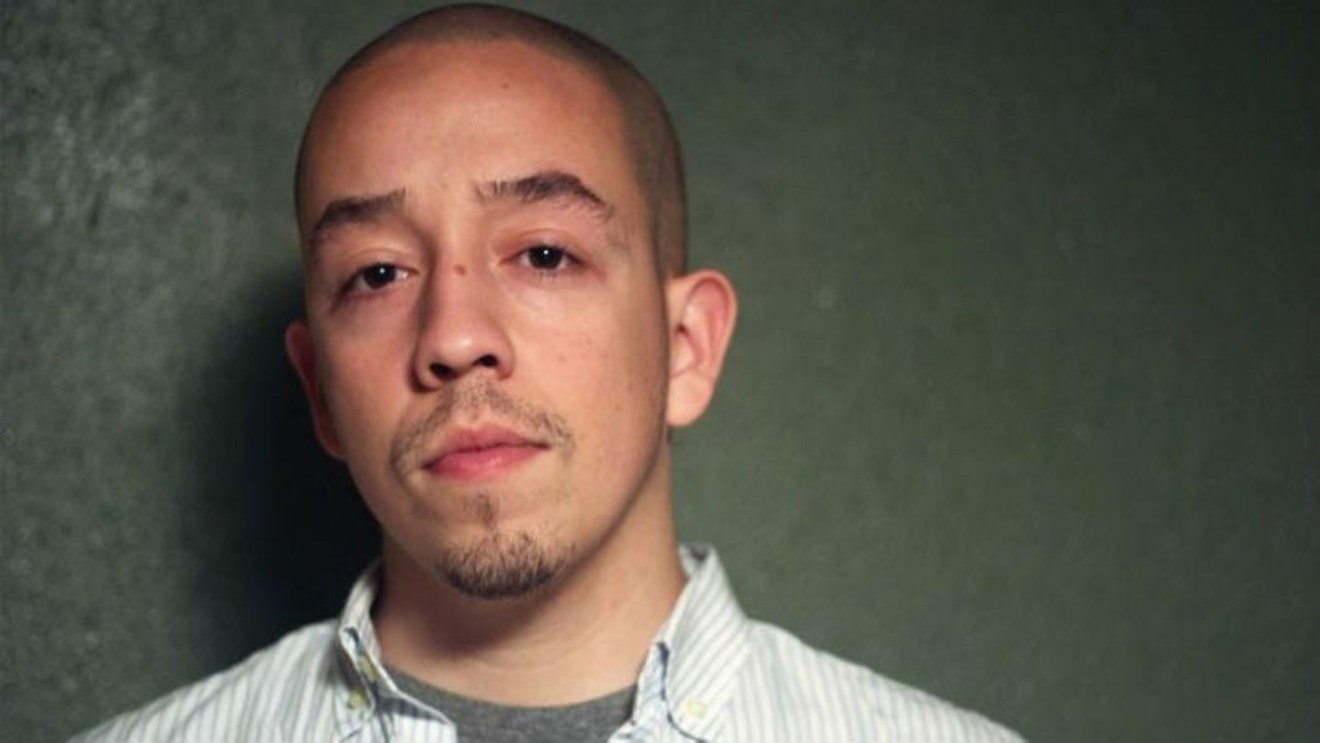The joke does not end there. We must first establish ground rules. The bear is a black bear. It’s anthropomorphic and can talk. And It would never harm any human. What follows is surprisingly thorough thoughtful exercise on what would literally happen if Karl Malone and a bear switched places.
“You can tell from reading that chapter that I did a bunch of research on bears,” Serrano said during an interview with the Press. “It’s the dumbest thing in the world but I spent two weeks reading a bunch of bear books and watching bear documentaries because I wanted to be able to write about it with some sort of intelligence.”
“Basketball (and Other Things),” Serrano’s second New York Times Best Seller after 2015’s The Rap Year Book, offers fodder on NBA nerd content (What was Michael Jordan’s best season? What was the most important championship of all time?) but between bear discussions and mock drafts featuring Air Bud, the book is flush with Serrano’s mixture of humor, personal
So, in the spirit of Serrano’s latest book, a question: Is Shea Serrano an Internet hero?
First, some ground rules.
An Internet hero has an origin story. Serrano’s start has been retold now in interviews with The New York Times, the Columbia Journalism Review, GQ and more. Around 2008, Serrano was working as a middle school teacher in Houston when his wife became pregnant with twins. At the time, he knew he needed to bring in some extra income, so he started searching for jobs online. Target and Walmart wouldn’t hire him because he already had a full-time gig, so Serrano Googled part-time jobs from home and saw writer. His first story was an article about Craig Biggio retiring from the Astros for the Near Northwest Banner, a monthly newspaper a woman printed from her garage. He made $15.
In the years since, he’s torpedoed from the Houston Press, where he covered the local hip-hop scene, to LA Weekly, where he wrote features and essays about things like the time he had sex with his wife while listening to Drake, to eventual staff writer positions at the now-defunct (and beloved) Grantland and The Ringer.
An Internet hero has humility. Serrano didn’t write as a kid. Didn’t read either. He doesn’t even now, he admits. When he started writing, it was simply a means to an end (i.e. cash). In some ways, it’s worked to his advantage. His style has zero hints of pretentiousness. It’s straightforward and honest, like looking into someone’s brain, if that person’s brain only thought about basketball, hip-hop and action movies.The trade-off, though, as Serrano explained, is he knew nothing. After he turned in his first feature for the Press, Margaret Downing, the editor-in-chief, called him into her office. At the Press, articles are submitted to editors and then marked with edits,
“The story was like 3,000 words or something and 2,000 of them were in a different color,” he said.
That new writer, the one being dressed down by the editor, is still there. Even after two bestsellers, a TV show in the works and 178,000 Twitter followers, he’ll still enter a room and feel dwarfed by the journalism school grad or former Slate reporter. It’s why he compared himself to Dion Waiters, the mercurial, streaky guard for the Miami Heat.
“Dion, every once in a while, he can hit a game-winner… He can get hot,” Serrano said. “Wesley Morris from The New York Times is a top-level, Lebron-level talent. Sean Fennessey (from The Ringer) is a Lebron-level talent. Me? I’m Dion Waiters. I’m just trying to stay in the league.”
An Internet hero is on the Internet. About those followers, the FOH Army as they gleefully call themselves (as in #GTFOH or ‘get the fuck out of here). The FOH Army will follow Shea to the end of the earth, or at least to Amazon. After Serrano’s first book, “Bun B’s Rap Coloring Activity Book,” became a small, but cultish success, he decided to market "Rap Year Book" guerrilla-style. He first tweeted the link to his followers and asked them to check it out. As the book gained more attention, he started giveaways, sending followers 90s nostalgia if they bought the book and sent him a direct message. At some point, he even got into a faux-Twitter beef with Books-A-Million, the bookstore chain, about whether "Rap Year Book" could sell out at the store.
It did, as well as at Amazon and Barnes & Nobles within two days of its release.
Those fans have also joined Serrano on social causes. After Abrams Books, his publisher, printed “Why I March,” a book of photos from the post-inauguration women’s marches, Serrano asked his followers to buy the book so it could pass Donald Trump’s “Art of the Deal” in Amazon’s hourly rankings. Followers bought three, four, 10 copies at a time and within four hours, it passed Trump. After Hurricane Harvey, he tweeted out his Venmo and PayPal accounts and asked his followers to send money. The FOH Army raised more than $134,000.
Those followers turn up in real life, too. When Serrano visits new towns, he’ll send out a message saying he’ll be at whatever bar and for people to come through. One time, while in Los Angeles, someone tweeted at him asking if Serrano would sign a copy of his book. He said yes. Soon after, someone asked if Serrano would sign their baby. Again, laughing at some Internet humor, he said yes.
“And then they showed up with a real actual 4-week old baby to get me to sign it,” Serrano said. “I was like, ‘No I’m not signing this baby, what’s wrong with you? Take this baby home.”
Conclusion? Serrano loves telling stories in his work so let’s try another one. After “Basketball (and Other Things)” came out, a local Barnes & Nobles featured the book on a front table as customers entered the store. It was a big moment for Serrano and he headed to the store with his two sons. As he walked up, at the same time came Serrano’s former boss, Houston Press music editor Chris Gray. So there is Serrano, with his family, looking at his new best-selling book alongside the guy who “taught me how to write,” he said.
Real Internet heroes require happy endings, too.








